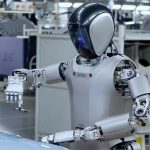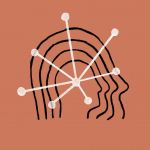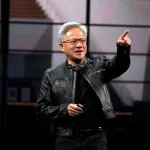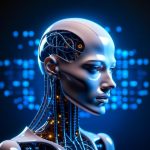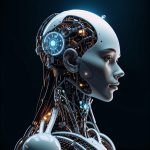NVIDIA CEO receives prestigious award for AI in healthcare

NVIDIA founder and CEO Jensen Huang received the prestigious Luminary Award at the Precision Medicine World Conference (PMWC) in Santa Clara, California, for the company’s outstanding contribution to the development of precision medicine through accelerated computing and artificial intelligence technologies.
PMWC, which brings together leading healthcare professionals, international researchers, and biotechnology innovators, recognized NVIDIA’s almost twenty-year contribution to the revolutionary development of medical technologies. The company created advanced computational tools that enabled scientists to achieve breakthroughs in medical imaging, genomics, and AI-based robotics.
“We created, if you will, a computational instrument. Not a gene sequencer or other incredible scientific instruments you talk about here — in our case, it was a programmable scientific instrument,” Huang noted in his acceptance speech. “We created it for researchers and scientists striving to better understand life in our universe.”
The first application of accelerated computing in life sciences began in the 2000s, and the introduction of the NVIDIA CUDA parallel computing platform in 2006 opened the way for researchers to use NVIDIA graphics processors in medical imaging, including CT reconstruction.
Dr. Gad Getz, a recognized international leader in cancer genomics and director of bioinformatics at Massachusetts General Hospital, presenting the award, emphasized: “NVIDIA has developed and continues to develop graphics processors that underpin artificial intelligence and machine learning that are changing the world, including precision medicine.”
This recognition confirms NVIDIA’s key role in transforming modern healthcare through the development of high-performance computing technologies and their application in personalized medicine. The company’s achievements not only contribute to improving medical diagnostics and treatment but also open new horizons in understanding the human body at the molecular level.

